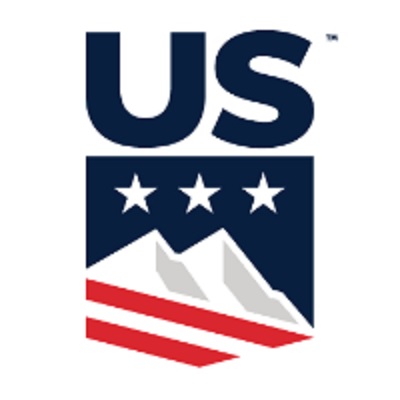Slope Dope - Devin Logan Accepts Sanction For Anti-Doping Rule Violation

USADA announced today that Devin Logan, of Park City, Utah, an athlete in the sport of freeski, has accepted a six-month suspension for an anti-doping rule violation.
Logan accepted a six-month period of ineligibility that began on December 7, 2018, the date her positive sample was collected. Based on Logan’s successful completion of a USADA anti-doping educational tutorial, her period of ineligibility was reduced by three months. In addition, Logan has been disqualified from competitive results obtained on and subsequent to December 7, 2018, including forfeiture of any medals, points and prizes.
Logan, who took silver in slopestyle five years ago at the Olympics was shocked when she tested positive at an event in December.
"I take 100 percent responsibility for it," she said. "Being a veteran of my sport, I should know better."
U.S. Ski and Snowboard CEO Tiger Shaw said that while it's not an excuse, it was important to note that Logan wasn't aware of the THC in the drops she took. "Anybody using CBD products should be aware that they may contain THC, whatever the packaging says," Shaw said.
Logan began her competitive skiing career as a junior in 2010. She was the winner of a silver medal at the 2012 Winter X Games in the slopestyle contest. In late 2012, Logan suffered a severe knee injury, with a torn ACL and MCL and two microfractures, requiring surgery.Logan recovered from the injury, taking home a silver medal in the first ever Olympic slopestyle competition held in the 2014 Winter Olympics in Sochi. Logan scored 85.40 in the event.
During the 2015 season, Logan had two podium finishes in Grand Prix events and won the halfpipe at the Canadian Open Championship.During the 2016 season she dislocated her shoulder. Logan was awarded the overall crystal globe for the most consistent skier over International Ski Federation (FIS) freestyle events.
Logan was the first freeskier to win the award. At the time of the award, Logan was also the only woman to have competed in both slopestyle and halfpipe.
According to USADA athletes are advised that all natural and synthetic cannabinoids, except cannabidiol (CBD), are prohibited in-competition. Many products which claim to be pure CBD extract or oil from the cannabis plant have traces of THC or other cannabinoids. Thus, a consumer who buys a CBD oil, extract, or other CBD product should be aware that there is a high likelihood it is a mixture of CBD and other prohibited cannabinoids, such as THC. Therefore, the use of a CBD product that claims to contain trace amounts of THC, may in fact contain higher THC concentrations, which may result in an anti-doping rule violation if carboxy-THC is present in an athlete’s urine over the Decision Limit in a sample collected in-competition. USADA cannot predict the levels for any substance for any particular individual. In addition, consumers should also be aware of recent changes to federal law and FDA regulationson cannabis and cannabis-derived products to protect themselves from illegal products and therapeutic claims.
If an athlete needs to therapeutically use a substance prohibited in-competition and they are nearing a competition, they are strongly encouraged to contact USADA to learn if they need a Therapeutic Use Exemption (TUE).
In an effort to aid athletes, as well as support team members such as parents and coaches, in understanding the rules applicable to them, USADA provides comprehensive instruction on its website on the testing process and prohibited substances, how to obtain permission to use a necessary medication, and the risks and dangers of taking supplements (www.Supplement411.org) as well as performance-enhancing and recreational drugs. In addition, USADA manages a drug reference hotline, Global Drug Reference Online (www.GlobalDRO.com), conducts educational sessions with National Governing Bodies and their athletes, and distributes a multitude of educational materials, such as an easy-reference wallet card with examples of prohibited and permitted substances, a supplement guide, a nutrition guide, an athlete handbook, and periodic alerts and advisories.
USADA is responsible for the testing and results management process for athletes in the U.S. Olympic and Paralympic Movement and is equally dedicated to preserving the integrity of sport through research initiatives and educational programs.













